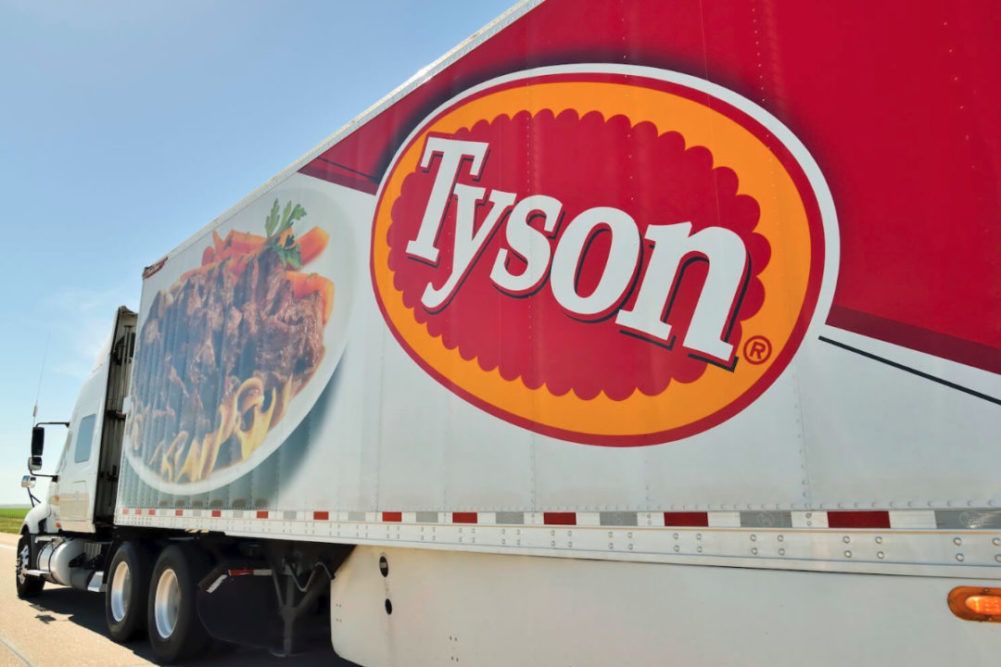SPRINGDALE, ARK. – After making the decision to take the next step in its animal welfare approach from the industrywide adoption of the “Five Freedoms” framework, Tyson Foods Inc.’s Office of Animal Welfare team is leading the company's global transition to adopting the “Five Domains” science model, which focuses on assessing the mental state of animals to determine their needs and improve animal welfare practices.
By implementing the Five Freedoms across the company’s global operations officials from Tyson’s Office of Animal Welfare said the company can realize its vision to lead the industry in animal welfare by combining compassion with science.
“Part of being a leader means being open to creative thinking, innovation, and evolving knowledge and practices,” Tyson said.
While the Five Freedoms focused on avoiding the negative aspects of animal care, the Five Domains focus on how nutrition, physical environment, health and behavioral opportunities ultimately play a role in the mental state of animals.
“For decades, the Five Freedoms have provided an essential foundation for conceptualizing animals’ welfare needs,” said Candace Croney, PhD, professor of animal behavior and well-being and director of The Center for Animal Welfare Science at Purdue University. “As animal welfare science has advanced, however, the importance of promoting positive (physical, behavioral, and mental) states of welfare in addition to minimizing negative states is increasingly recognized. Incorporation of the Five Domains reflects the leadership mindset needed to facilitate thought processes, actions, and outcome measurements aligned with achieving these goals.”
According to Tyson, research-based learning and the evolution of ideas is part of continuous improvement, and the Five Domain program facilitates a better understanding of assessing how a range of factors effect animals’ mental state and how they influence anima welfare outcomes.
“Incorporating the Five Domains into our daily conversations and actions is essential for Tyson Foods to drive continuous improvement in our welfare program and culture throughout our global operations,” said Ken Opengart, DVM, vice president of global animal welfare at Tyson Foods.
The Five Domains spotlight positive opportunities versus the emphasis on the negative experiences of animals that have been the hallmark of the Five Freedoms for the past 25 years. The new approach focuses on the components effecting the mental welfare of the animal to assess its overall welfare and apply the knowledge-based science to each species’ behavior, biology and ecology.
“Tyson’s adoption of the Five Domains represents an admirable commitment to embrace animal welfare improvements in a scientifically sound, evidence-based way,” said Dorothy McKeegan, PhD, senior lecturer in animal welfare and ethics at the University of Glasgow. “The Five Domains model represents the forefront of current efforts to conceptualize and assess animal welfare.”
For more information on Tyson Foods’ animal welfare and sustainability practices, please visit tysonsustainability.com.


